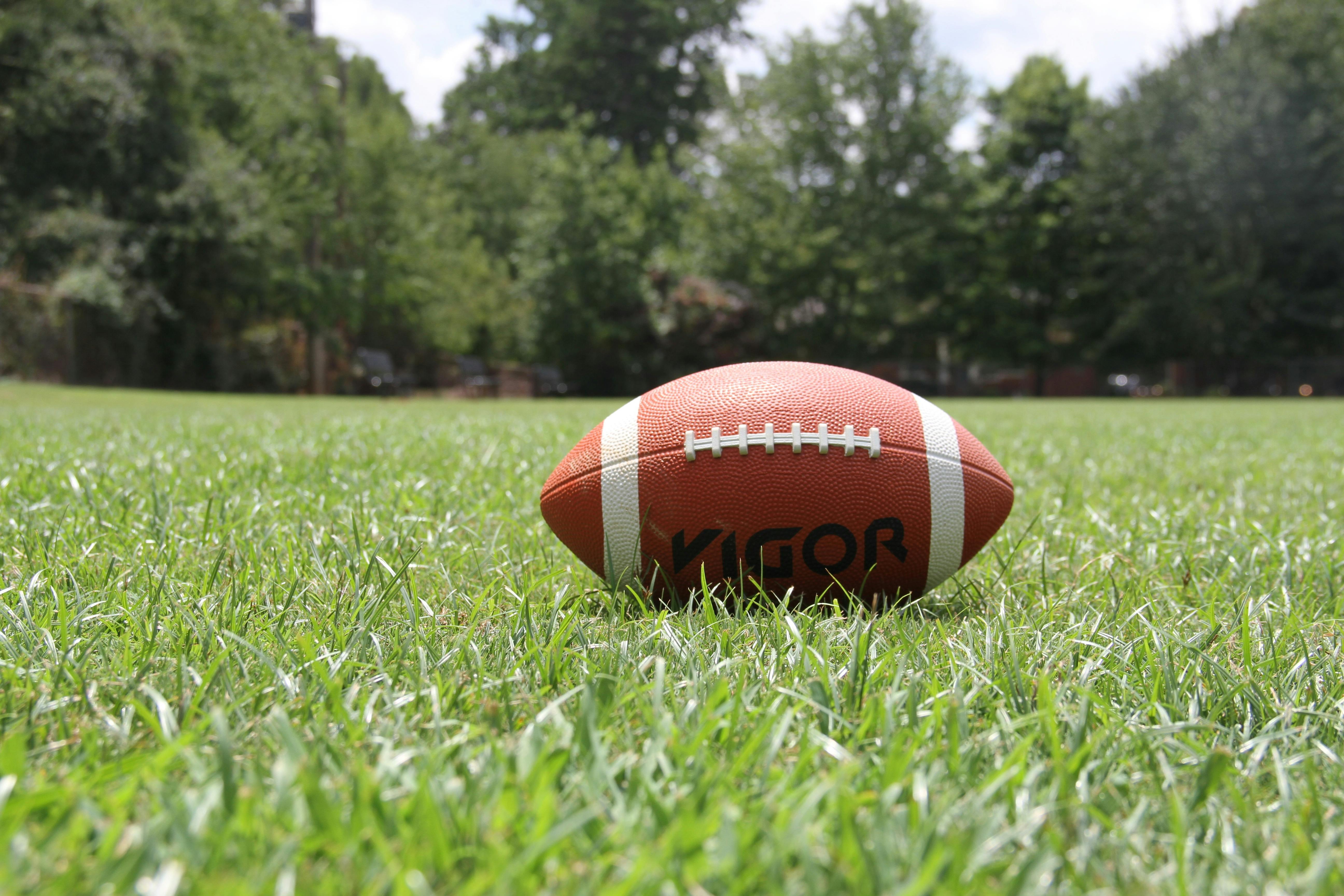Breaking Barriers: The Inspiring Journey of Adaptive Sports
The world of adaptive sports has transformed the lives of many athletes with disabilities, fostering inclusivity, resilience, and remarkable feats of strength. This article delves into the history, current trends, and future outlook of this inspiring sports category, highlighting how it has broken boundaries and reshaped the sporting landscape.

The Roots of Adaptive Sports
Adaptive sports, sometimes known as parasports, have their roots in rehabilitation programs for war veterans. During World War II, Sir Ludwig Guttmann, a renowned neurologist, introduced sports as a treatment method for patients with spinal cord injuries at the Stoke Mandeville Hospital in England. This approach not only helped improve physical health but also boosted morale and self-esteem among patients. Guttmann’s efforts culminated in the Stoke Mandeville Games in 1948, widely considered the precursor to the Paralympic Games.
The Emergence of the Paralympic Movement
The Paralympic Games, as we know them today, officially commenced in 1960 in Rome, Italy. The games have since grown exponentially, both in terms of participant numbers and the diversity of sports represented. From initially featuring only athletes with spinal cord injuries, the Paralympics now welcome athletes with a broad range of physical and intellectual disabilities, making it a powerful symbol of inclusivity in sports.
Current Developments in Adaptive Sports
Today, adaptive sports have expanded beyond the Paralympics, with numerous local, national, and international events taking place. Innovations in sports equipment, such as sport-specific prosthetics and wheelchairs, have significantly enhanced performance possibilities for athletes. Additionally, increased media coverage and public awareness have driven societal acceptance and recognition of adaptive sports.
The Impact of Adaptive Sports on Athletes
Adaptive sports offer myriad benefits for athletes. Besides the obvious physical health benefits, participation in sports can enhance psychological well-being, build self-confidence, and foster a sense of belonging. Importantly, it can also challenge societal perceptions about disability, demonstrating that athletic prowess is not confined to those without physical or intellectual impairments.
The Future of Adaptive Sports
The future of adaptive sports looks promising. As technological innovations continue to advance, we can expect to see even more impressive athletic performances. Moreover, the ongoing efforts to increase recognition and support for adaptive sports are paving the way for more inclusive sporting environments.
Adaptive sports represent a triumph of human spirit and determination. They serve as a powerful reminder that sport, in its purest form, is about overcoming challenges, pushing boundaries, and celebrating human potential.




